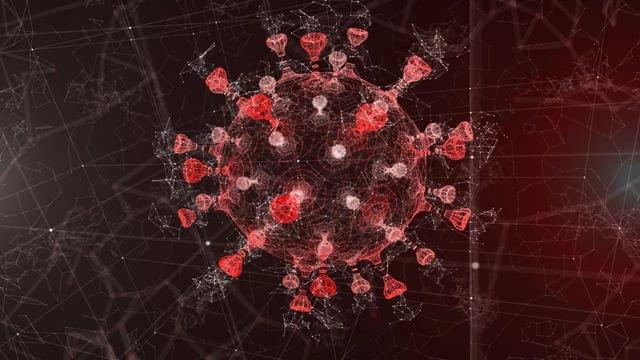Tel Aviv University researchers have published a new study in Nature outlining how a type of white blood cell can be engineered to secrete anti-human immunodeficiency virus (HIV) antibodies. Based on the results of this study, the team are hopeful that they will be able to produce a one-time medication for acquired immune deficiency syndrome (AIDS) and other diseases.
Gene therapy for HIV
The introduction of treatments such as anti-retroviral therapy (ART) for HIV has helped patients diagnosed with the infection to live longer and healthier lives. Patients are required to take the medicine daily in order to reduce the amount of virus in the body (viral load) so that it is undetectable. If a viral load is undetectable, patients with HIV have effectively zero risk of transmitting the virus. However, a one-time treatment for HIV, which can develop into AIDS, is still desirable to improve HIV patients’ quality of life.
